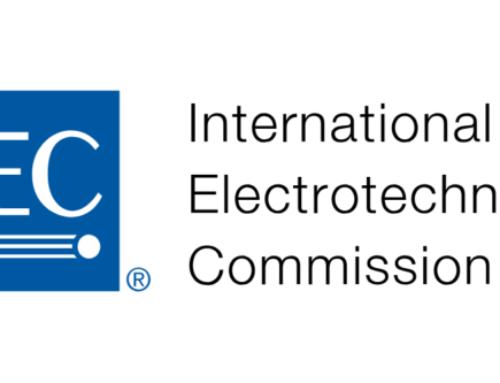On June 15, 2021, SAMR issued the Key Areas for the Implementation of the Enterprise Standards ‘Forerunner’ system in 2021, which expanded the ‘forerunner’ products and services to 202 items, a 10% increase compared to the 184 items of 2020.
Since the release of Opinions of Eight Departments Including the State Administration for Market Regulation on Implementing the Enterprise Standards “Forerunner” System in 2018, the scope of ‘forerunner’ products has been expanding steadily each year. However, the growth in 2021 was slower compared to the previous year (2020 experienced an increase of 84% compared to 2019), which reflects a series of difficulties and challenges that the “forerunner” scheme is facing. Specifically, according to the analysis of China National Institute of Standardization (CNIS), these are:
- Inconsistent enterprise standard-setting capabilities and disclosure levels. Currently, many enterprises lack guidance in standardization work, standard development is not standardized, while performance or functional indicators are not widely published, or in some cases are inconsistent for similar products; at the same time, many published standards are, in practice, national or industrial standards implemented by the enterprise, while others often with lower requirements than that of national or industrial standards. All these factors are negatively affecting the development of evaluation work.
- There are both national and local ‘forerunner’ systems, with different evaluation methods and requirements. Many provinces such as Shandong and Zhejiang have formulated specific implementation plans for their own enterprise standards ‘forerunner’ schemes, and release their own lists. But there are differences in the implementation mechanism and basis of various ‘forerunner’ systems, therefore the published lists may cause conflicts and confusion to the public. It will be important to solve such issues and maintain coordination between the local ‘forerunner’ schemes and the one at the national level, thus developing unified standards for the evaluation of forerunners.
- There are differences in the policy support and implementation of the ‘forerunner’ system across the country, which result in very different degrees of participation in different regions and enterprises, thus affecting the wide implementation of the system.
In general, there are still many issues to be solved in the implementation of the current enterprise standards ‘forerunner’ system, and further analysis is required to achieve fairness in evaluation without hindering fair competition.




